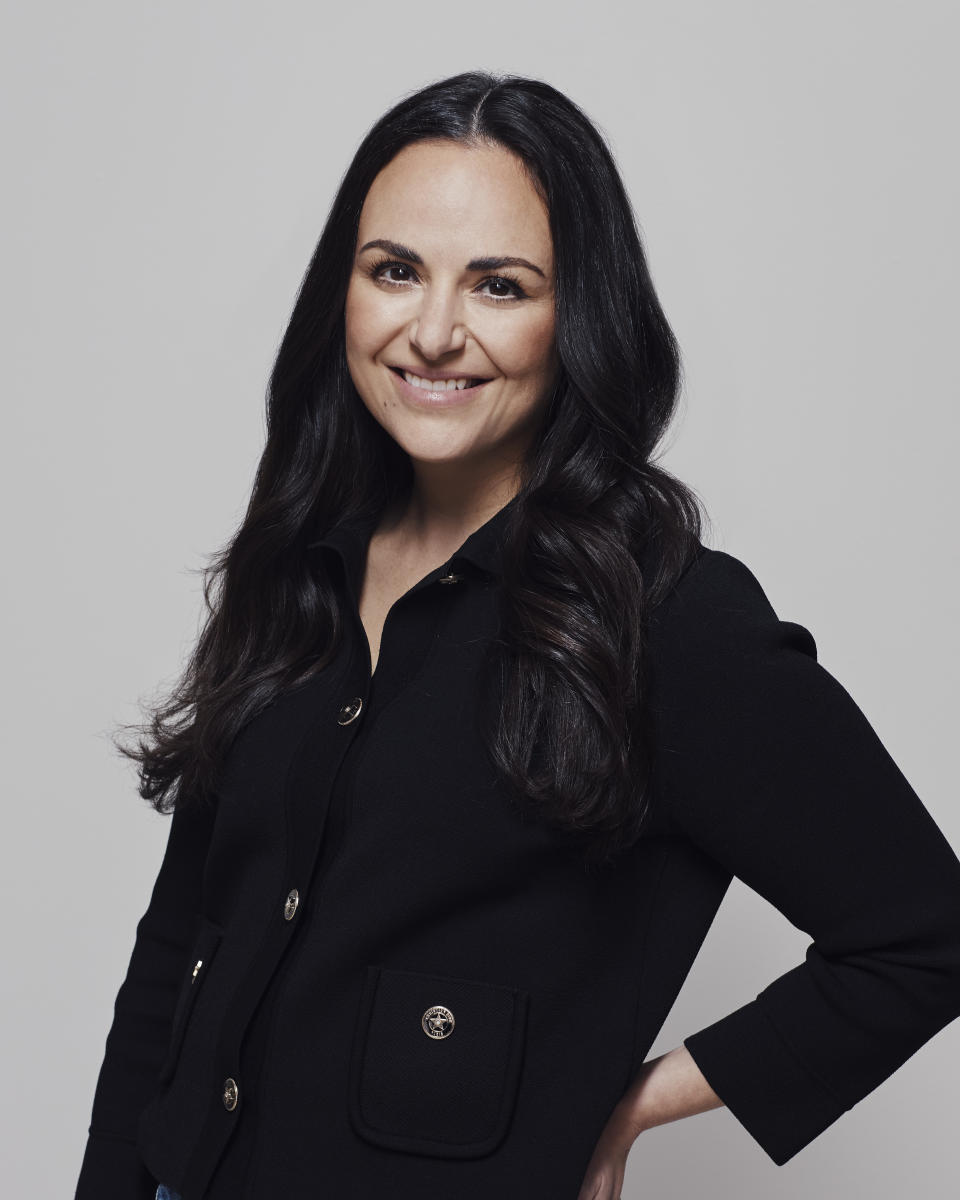Saks Survey: Consumer Optimism Not Lifting Luxury Sales

Luxury shoppers might be feeling good about the economy and their own finances — but not good enough to spend more on luxury goods.
That’s according to the latest Saks Luxury Pulse, a quarterly online survey of luxury consumers’ attitudes toward shopping, spending and fashion trends. For its latest Pulse, Saks surveyed 3,211 U.S. luxury consumers over age 18 from Jan. 10 to 16 this year.
More from WWD
The RealReal Hits Profitability Milestone in Q4 After 'Strategic Shift' to Focus on Core Business
Farfetch Still Dreams of Luxury Dominance Under New Owner Coupang
“Luxury consumers are significantly more optimistic about the economy and about their own personal finances. That’s a core takeaway from the survey. But it takes awhile for feelings of optimism to translate into plans to spend on luxury. Luxury is very emotional,” said Emily Essner, Saks’ chief marketing officer.
Among the key findings from the Saks Luxury Pulse, which was issued Thursday:
Luxury spending should pick up in the second half of this year.
With personal finances, 70 percent of luxury consumers feel optimistic, an increase of 6 percentage points compared to the prior survey.
Consumer optimism on the economy grew to 48 percent, an increase of 12 points from the prior survey fielded in October 2023, and the highest level since Saks started reporting on this question in April 2023.
Luxury consumers continue to be keen on travel, which accelerated substantially post-pandemic.

“Our latest survey supports our thinking that the second half will be a bit brighter than the first,” Essner said. “We [currently] see a little higher interest in spending among higher household income customers with $200,000 or higher annual income,” versus aspirational luxury shoppers, Essner observed.
With the stock market reaching record highs this year, and many economists predicting a soft landing for the economy or no recession at all, it’s not surprising consumers in the luxury sector at least, are feeling more optimistic. Consumers responded feeling “pretty calm” about the economy to a degree not seen in past Saks Luxury Pulse surveys, Essner said. Saks’ first Luxury Pulse was issued in November 2021.
Saks hasn’t seen the more upbeat attitudes translate into better sales, at least not yet. During its fourth quarter, ended Feb. 3, Saks’ gross merchandising value (GMV) fell 8 percent, traffic to saks.com was flat and conversions were down slightly compared to the fourth quarter of 2022. However, saks.com’s recent results have been tracking above pre-COVID-19 2019 levels.
“At Saks, we believe that luxury is a long game, and in order to win the luxury consumer over time, we must maintain our deep understanding of their changing behaviors, while offering them relevant and personalized shopping experiences,” Marc Metrick, Saks’ chief executive officer, said in a statement Thursday. “Luxury is a sentiment-based business, so we’re pleased to see that attitudes toward the economy are improving, particularly as consumers have grown used to the dynamic macro environment. With that, we anticipate these positive sentiments will translate to an improvement in luxury spending in the back half of 2024.”
Among the survey’s other findings:
The largest increase in overall optimism was among respondents with incomes of $200,000 or more, with a 14 percentage point increase in optimism about the economy and an 8 percentage point increase in optimism about their personal finances compared to the prior survey.
Millennial respondents are the most optimistic generation about their personal finances; 59 percent said they plan to spend the same or more on luxury, 5 percentage points more than respondents of the Baby Boomer and Silent generations and 1 percentage point more than Gen X respondents.
Asked what would encourage them to increase spending on luxury in the next three months, the top answer was an enticing sale or promotional event (55 percent), followed by an increase in income (43 percent).
Seventy-two percent of luxury consumers have started to plan or already planned their next trip, a 3 percentage point increase from the prior survey. Of those, 70 percent are planning to buy luxury for their trip.
Thirty-six percent of luxury consumers indicated plans to spend more on travel in the next three months compared to the last three months, an increase of 9 percentage points compared to the prior survey, but down 7 percentage points year-over-year.
Ninety-three percent of luxury consumers are likely to engage in activities that further enhance their shopping experience through personalization, with the top three activities being creating an account, generating a wishlist and answering questions on shopping preferences.
Best of WWD

 Yahoo Finance
Yahoo Finance 